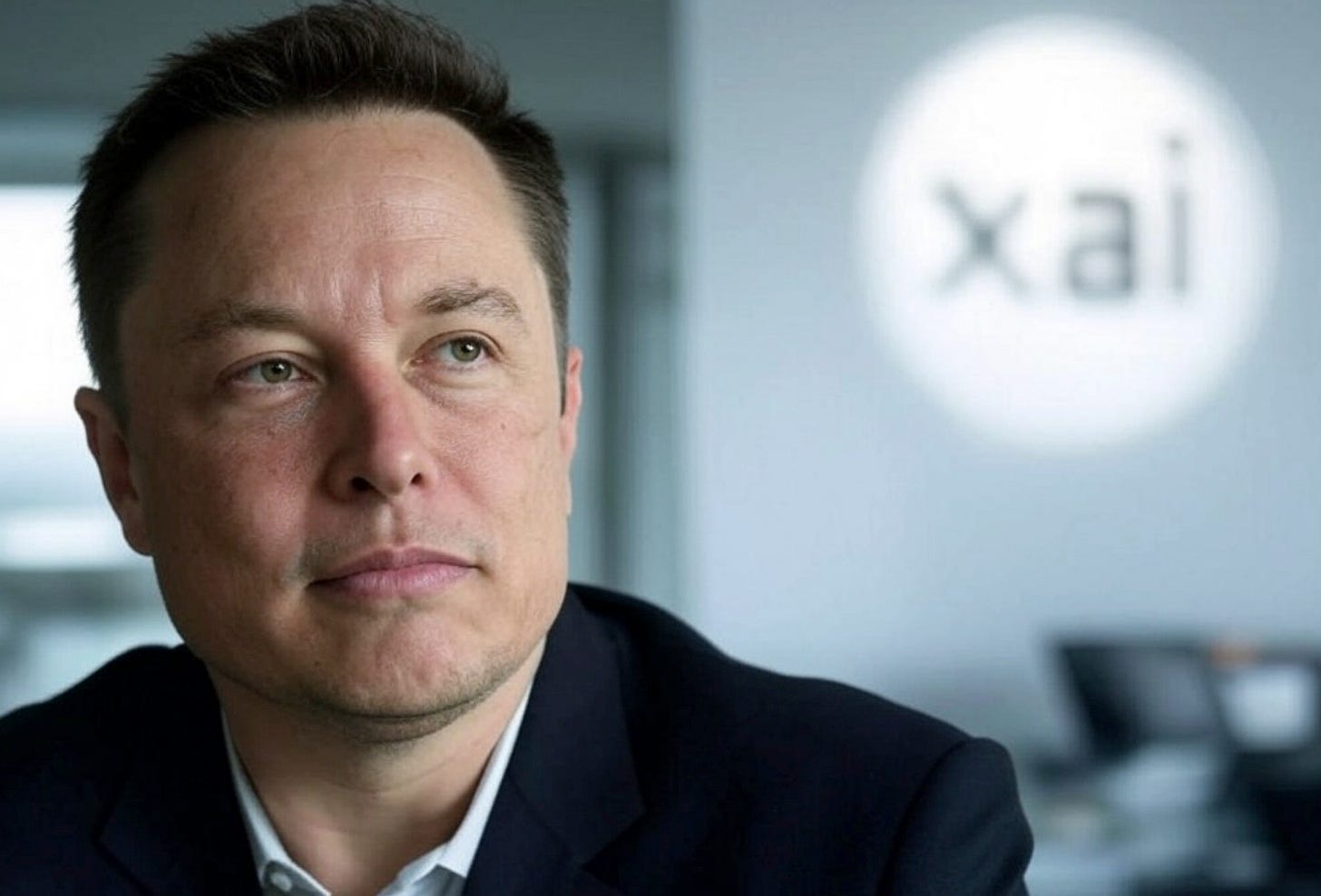xAI's Free Speech Hypocrisy - Employee Quits Over Forced Post Deletion
In a dramatic turn of events, Benjamin De Kraker, a now-former employee of Elon Musk's artificial intelligence company, xAI, claims he resigned after being given an ultimatum: delete a tweet, or be fired. Allegedly, the tweet in question contained nothing more than his personal opinion on how different AI models rank in coding tasks, yet xAI deemed it grounds for termination.
The incident has sparked intense debate about corporate transparency, free speech, and the limits of employee expression—especially at a company that prides itself on championing openness.
The Tweet That Sparked It All
De Kraker’s original post, which he refused to delete, ranked various AI models based on his opinion of their coding abilities. His ranking included models from OpenAI, Anthropic, Google DeepMind, and xAI’s own Grok 3—which he marked as “expected, TBD” (to be determined). The issue? According to De Kraker, xAI demanded he remove the post because it acknowledged the existence of Grok 3, which they claimed was confidential information.
But here’s where things get murky: Grok 3’s existence had already been publicly acknowledged by xAI itself, including in statements from Musk. So why the outrage over a ranking that was clearly labeled as an opinion and speculative?
A Battle Over Transparency
De Kraker, standing by his post, refused to delete it—arguing that it was well within the bounds of public information and did not violate any actual confidentiality rules. Facing termination, he chose instead to resign, stating:
"Once you start caving and giving up holding mild personal opinions, the slope becomes very slippery. I'll keep my speech and dignity and get another job, or build one."
In a follow-up exchange, another AI researcher, Andriy Burkov, speculated that the real issue might not have been the disclosure of Grok 3’s existence, but rather that De Kraker ranked xAI’s model below its competitors—before its official release. If that’s the case, it suggests that xAI’s demand was less about protecting confidentiality and more about controlling public perception.
De Kraker seemed to agree, replying:
“In your scenario, they lied to me about the reason instead of just being direct + truthful. If so, that’s why I resigned.”
The Bigger Picture: Free Speech vs. Corporate Control
If De Kraker’s account is accurate, xAI’s actions raise serious questions about how tech companies handle employee speech—particularly when it comes to publicly available information. Should employees be penalized for sharing opinions about their company’s products, especially if those opinions don’t contain sensitive details?
It’s an especially ironic controversy, given Elon Musk’s vocal stance on free speech and open discourse, particularly regarding X (formerly Twitter), which he bought with the goal of making it a bastion of unfettered expression.
But this case highlights a tension: Musk’s companies often advocate for free speech in the public sphere, yet internally, they appear to enforce strict control over messaging.
As of now, xAI has not commented publicly on De Kraker’s claims, leaving the story with only one side of the narrative. If his allegations hold, this incident could fuel broader concerns about the culture inside xAI and how it balances transparency with corporate messaging.
For De Kraker, his resignation appears to be a stand on principle—and possibly a cautionary tale for other employees navigating the fine line between open discussion and corporate loyalty.
The question remains: Was xAI truly concerned about confidentiality, or were they simply unhappy with the ranking? If the latter, it’s an uncomfortable look for a company that claims to champion truth.



Thanks to Dr. Kracker for his principle's and integrity. We need to put a spotlight, glaring , to show all of Musk's corruption. Stop believing any thing Muskrat says.
Musk is a child abuser. He abuses his small child as a human shield. He is highly predatory and an extremely dangerous Nazi.